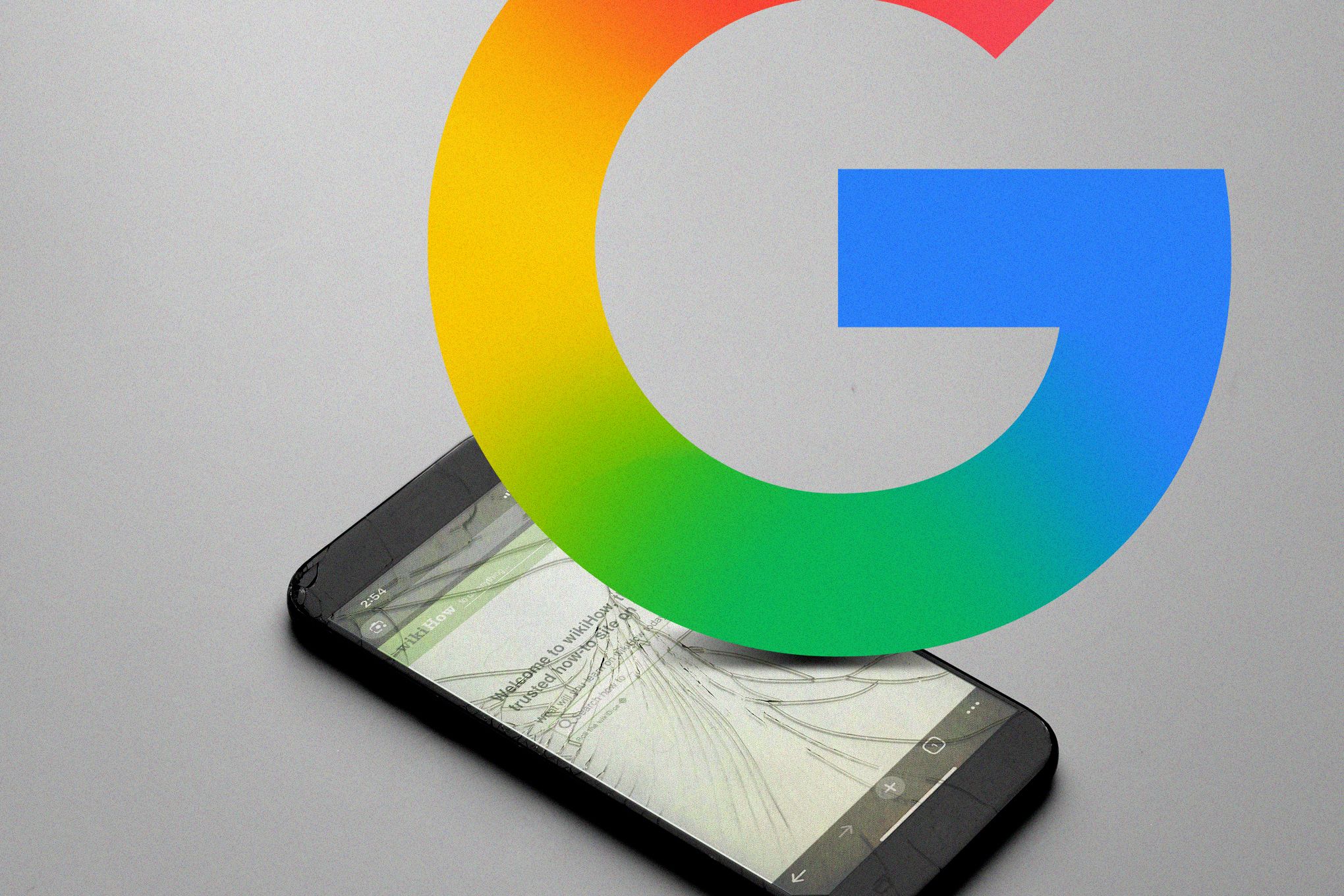In a striking courtroom moment, WikiHow CEO Elizabeth Douglas defended Google's monopolistic ad tools during the company's antitrust remedies trial, even as she described her business suffering through an "AI apocalypse" largely caused by Google itself. Douglas testified Wednesday that breaking up Google's advertising empire would hurt publishers like her who depend on the tech giant's tools for survival.
Google just got an unlikely defender in its high-stakes antitrust battle - the CEO of a company whose business is being systematically destroyed by Google's own AI tools. Elizabeth Douglas, who runs WikiHow, took the stand Wednesday in a Virginia federal courtroom to argue against breaking up Google's advertising monopoly, creating one of the most paradoxical moments in the tech giant's remedies trial.
Douglas painted a stark picture of what she called an "AI apocalypse" hitting independent websites. WikiHow, which provides step-by-step how-to guides, has watched its search traffic plummet as Google's AI Overviews answer user questions directly on search results pages. Users no longer need to click through to websites when Google's AI extracts and presents the information they're seeking.
The irony wasn't lost on government prosecutors. Here was a CEO describing how Google's AI features are killing her business, while simultaneously pleading with Judge Leonie Brinkema not to break up Google's ad tech empire. "This is the stable part of my business right now," Douglas told the court about WikiHow's Google-powered advertising setup, even as overall revenue continues its decline.
The testimony highlighted the complex web Google has woven around publishers. WikiHow doesn't just rely on Google's ad tools - it also has a content licensing deal with Google that generates 10 to 15 percent of its revenue. Those licensing terms don't prevent Google from using WikiHow's content to train the very AI systems that are reducing the site's traffic.
This creates what industry observers are calling the "Google Zero" phenomenon - the point where Google no longer refers search traffic to third-party sites because its AI provides answers directly. Internal court filings show Google acknowledged "the open web is already in rapid decline," though the company later clarified it meant display advertising markets specifically.
The Justice Department is pushing for Google to sell its AdX advertising exchange and potentially its DFP publisher management tool. These platforms process billions in ad revenue annually and were found to constitute an illegal monopoly in Judge Brinkema's August ruling. But Douglas warned that forcing a breakup could destabilize the one revenue stream keeping publishers afloat during the AI transition.












